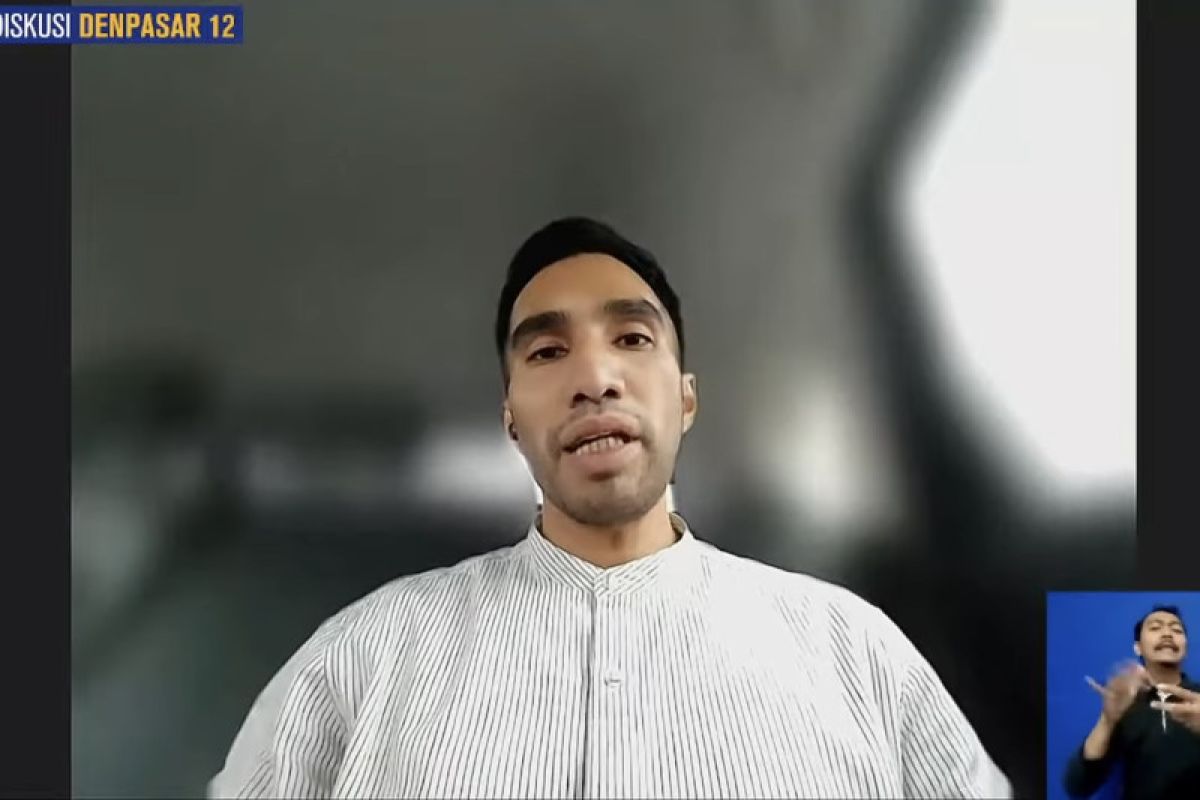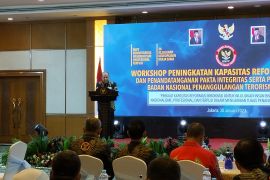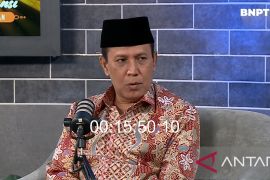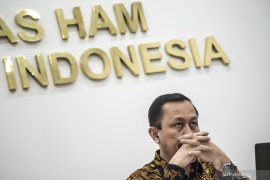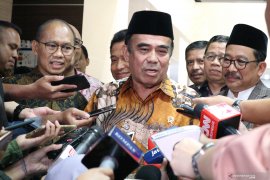(Even having broad) knowledge will not be enough (to help the children) to face the real world.Jakarta (ANTARA) - The Deputy Head of the secretariat for the working group on violence prevention and handling at the Education, Culture, Research, and Technology Ministry has urged educational institutions to foster a love for diversity to eradicate intolerance.
"We must eradicate intolerance to develop quality education that loves diversity and realize an equitable education," Julians Andarsa said at the virtual “Denpasar 12 Discussion Forum” on Wednesday.
He emphasized that all individuals are special as they have distinctive characteristics that distinguish them from others, thus mutual respect for every type of diversity is required.
Diversity includes differences in gender, physical traits, interests, levels of intelligence, socioeconomic conditions, religions, beliefs, as well as ethnicity, the ministry official expounded.
Hence, children need to be introduced and accustomed to social skills that will allow them to be tolerant of and have mutual respect for diversity in their surroundings from an early age, he said.
Those skills are creativity, communication, critical thinking, and collaboration, he added.
According to Andarsa, there will be a number of consequences for children who do not understand the concept of tolerance.
Children who reject diversity will have difficulty adapting to social changes and working with other people, thus they will find it difficult to compete in the 21st century as the global community is becoming increasingly connected, he explained.
“(Even having broad) knowledge will not be enough (to help the children) to face the real world. Intolerance will hinder the younger generations from working and developing themselves," he remarked.
Furthermore, children who are not taught to embrace diversity will always be full of themselves as well as harbor prejudices and stereotypes against others, which may eventually lead to bullying and acts of violence, the official said.
According to a national assessment conducted by the ministry, only 32 percent of educational institutions in Indonesia have cultivated tolerance and love for diversity, he informed.
Furthermore, 59 percent of them are still required to strengthen tolerant behavior in their institution, while 9 percent of them need to increase such behavior, he added.
Related news: Acculturation of foreign culture enriched national diversity: academic
Related news: Indonesia's diversity cannot be denied: PBNU
Related news: Cultural diversity strengthens unity of Singkawang community: Mayor
Translator: Astrid Habibah, Uyu Liman
Editor: Sri Haryati
Copyright © ANTARA 2023
